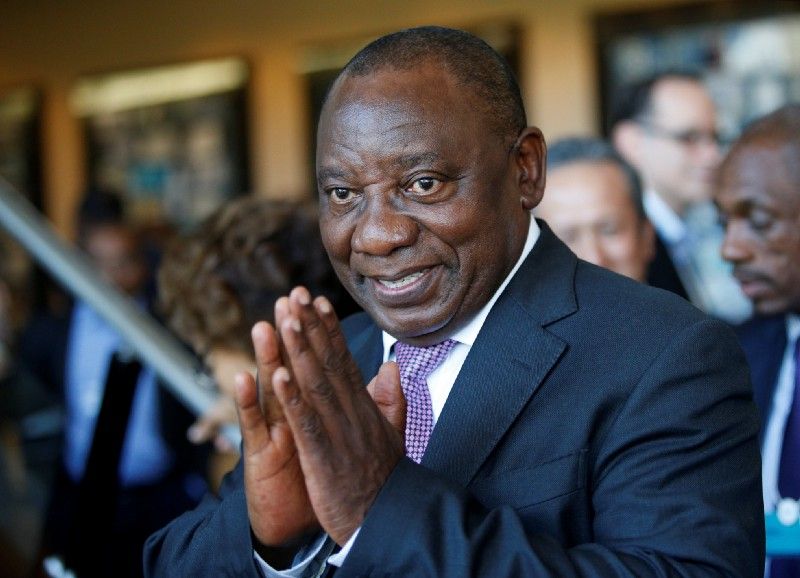In 1913, the so-called Natives Land Act passed huge amounts of South African land from blacks to whites. With the end of apartheid in 1994, the ruling African National Congress (ANC) pledged to return 30 percent of this land to its “previous owners” by 2014. But to maintain investor confidence in the country’s property rights, the government has moved slowly to implement this policy. Best estimates are that, 24 years later, just 10 percent of commercial farmland has been redistributed. Pressure for a dramatic change in policy is on the rise.
As he leads the ANC toward elections next year, President Cyril Ramaphosa has his work cut out for him. The problem extends well beyond land. According to recent data from the World Bank, more than half of South Africa’s population lives below the poverty line. Another 27 percent live at risk of falling into poverty. Just 4 percent are considered wealthy. Just 20 percent of South Africans qualify as middle class. Compare that with 80 percent in Mauritius.
In country after country, in rich states and developing ones, voters have swept aside the political class in favor of outsiders. Ramaphosa, an unelected leader who assumed office after his predecessor’s ouster, will have to find new ways to persuade South Africans, that the ANC, the only ruling party anyone under 30 has ever known, can buck the trend.
